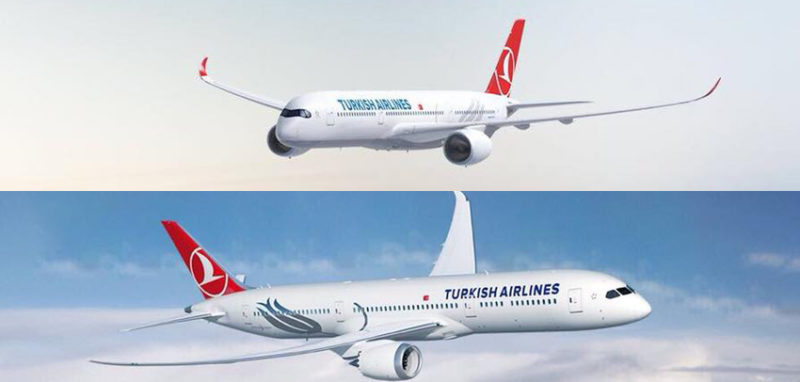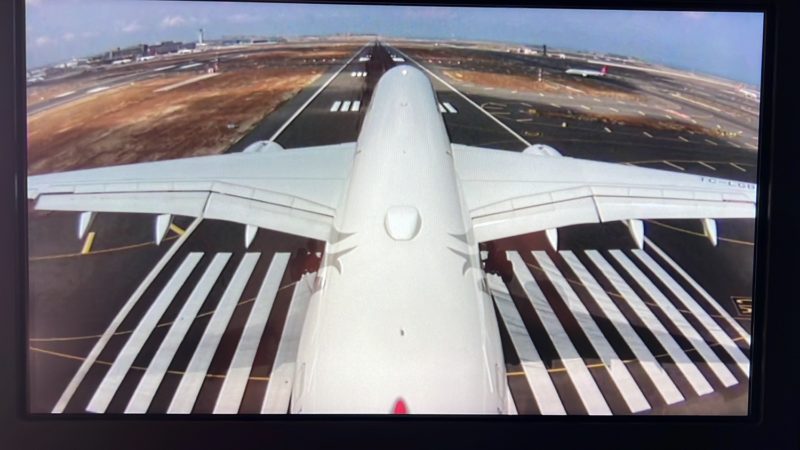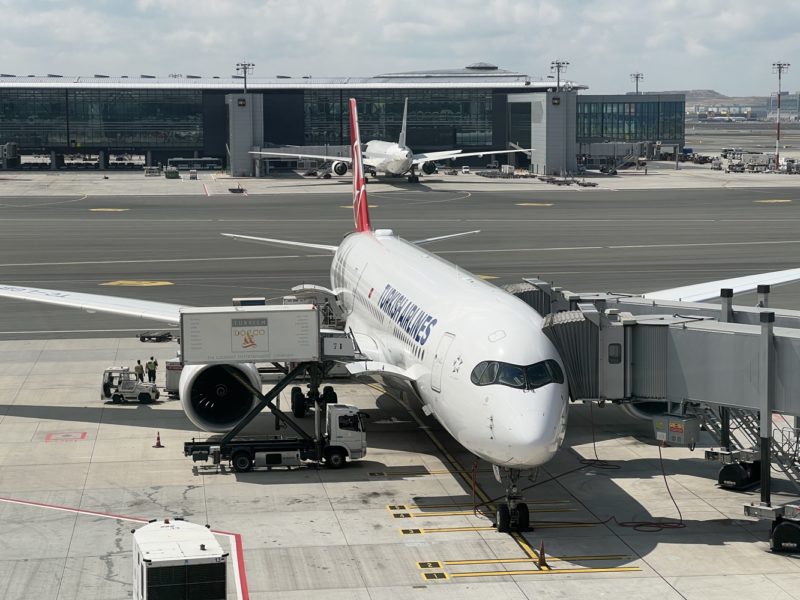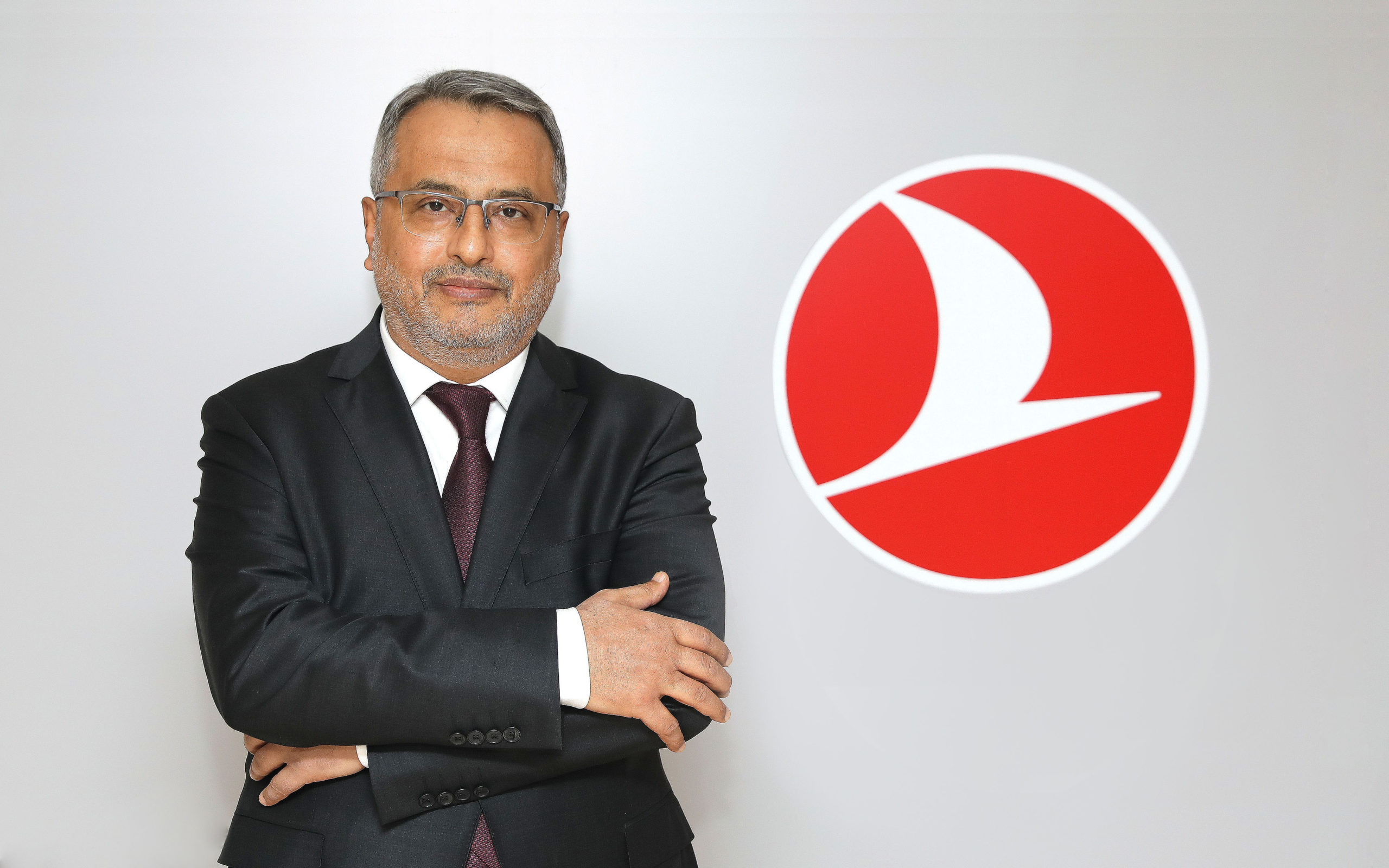Turkish Airlines is preparing to serve the Australian market, as it evaluates adding more destinations to its network.
Australasia is the sole continent to which Star Alliance member Turkish Airlines does not currently operate. This will change from December 2023, when a 3X-weekly Istanbul-Singapore-Melbourne service will be launched, operated by a Boeing 787-9 aircraft.
“At the beginning, it [will not be] such an excellent service—only three times weekly and with a stop in Singapore,” Turkish Airlines Chairman Ahmet Bolat told me for CEO Talks on the sidelines of this year’s IATA AGM in Istanbul.
“Melbourne seems to offer ... more advantages regarding [the] local Turkish population—the catchment area is big, and not so many airlines are flying there,” he said.
Bolat said that fifth-freedom rights between Singapore and Melbourne are not necessary, “because there are so many flights from Singapore to Australia, there is no need to attract tourists on this route.”

Nonstop to Australia
Looking ahead, Bolat said he is also considering flights to Brisbane and Perth, noting that “even now, I can fly to Perth with [our] current aircraft, but during [certain periods] of time, depending on the season and strong headwinds, it is not possible to operate [the route] nonstop.”
Under existing Australian traffic rights agreements, Turkish Airlines is allowed to operate just four weekly flights to Australia, but to any destination within the country.
Delay for 600 Aircraft Orders
Given that Turkish expects to order new aircraft soon, such as the 777X or additional Airbus A350s, Bolat said that the airline hopes to eventually offer daily nonstop flights from Istanbul to Sydney—potentially five years down the line. Turkish is also eyeing a daily Istanbul-Melbourne nonstop service, he said.
On June 6, Turkish delayed by two months its announcement of an order for 600 aircraft. The carrier originally planned to reveal the order during the 2023 IATA AGM, but the need for a second round of voting in Turkey’s presidential election in May prompted the airline to hold off. The order is expected to include 400 narrowbodies, either the A320neo or 737 MAX-family aircraft.
It is also expected that the order will include about 200 widebodies—either the 787 or A350—and 25-30 777Xs or A350 variants beyond the baseline A350-900 that Turkish currently operates. The new-generation widebodies should enable Turkish Airlines to operate nonstop service to Australia year-round. The addition of Australia will bring the number of countries Turkish serves to 130.
With the upcoming order, Turkish Airlines plans to operate a fleet of over 800 aircraft by 2033.

Airline Partnership
Speaking about collaboration with other airlines, Bolat said he is hopeful that more North American carriers will operate from Istanbul, but noted that he “does not need” an Emirates-United Airlines-style partnership. “I want these carriers to come to fly to Istanbul—because there will be more demand, more interest, in general, to come to Istanbul,” Bolat added.
The flag carrier is also seeking airlines from South Korea, China, Japan and Malaysia to operate to and from Istanbul, Bolat said. Bolat added that he believes Asian travellers could support local Turkish tourism. “Of course, we will provide connections via our hub, as we have the best infrastructure to do it,” Bolat said.

Turkish Technic
Besides that, Turkish Airlines have great knowledge in the aircraft maintenance business with its subsidiary Turkish Technic. “We are working on that with investors, for example in Belgrade, Serbia,” he said. “We will make a decision accordingly,” he said. “We are always open to opportunities. We evaluate the future prospect and so on. That’s the important thing."
Bolat says labour costs are decreasing in some parts of Southeastern Europe and therefore he sees it as a good area to invest in.
I understand that Air Serbia is looking for an MRO solution for its base at Belgrade Nicola Tesla Airport. This is due to the fleet growing very fast and MRO bottlenecks occurring at local provider JAT Tehnika. But also nations further afield like Kazakhstan and Indonesia are logical options for Turkish Technic given Turkish Airlines' broad global network.
Bolat rules out a possible MRO joint venture that would include aircraft engine maintenance. “That will not be a part of it. It requires a network [in terms of spare parts etc.]. You cannot build an engine shop for only the engine you operate. You have to be backed up by other carriers [third-party customers] that have the same engines.”
Commenting on costs, Bolat said that right now a one-bay widebody aircraft hangar costs around $1.5 million annually.
“And a major factor in MRO is about time and man hours,” he said. To keep costs low, it is less expensive if you can repair aircraft parts, engines and components, he said. “Then it is possible to make value, and then you can make profit from... an aircraft hangar.”
For Turkish Airlines, which will operate a fleet of 435 aircraft by the end of 2023, there is enough MRO capacity. Turkish Technic has maintenance facilities at Istanbul Airport, Istanbul Sabiha Gokcen as well as Istanbul Ataturk Airport.
Maintenance for Emirate Boeing 777
Turkish Technic also handles several third-party customers. “For example, we work also for Emirates,” Bolat said. “Five 777s have been already handled by Turkish Technic and a further 17 might be added soon.”
Bolat is unsatisfied with how engine providers are handling the shortage of spare parts for its airline customers. Especially when it comes to the Airbus A320neo fleets.
“The engine providers have to solve this,” Bolat added. “As an airline, you can basically maintain the engine anywhere. But if you don’t produce the parts, and we do not get them, that is the main issue.”
Turkish Airlines’ new-generation Airbus A350 and Boeing 787 are not affected by the current engine challenges. However, several A320neos are grounded. “We are talking with the engine providers to ensure that this is not going to last long,” Bolat said.



